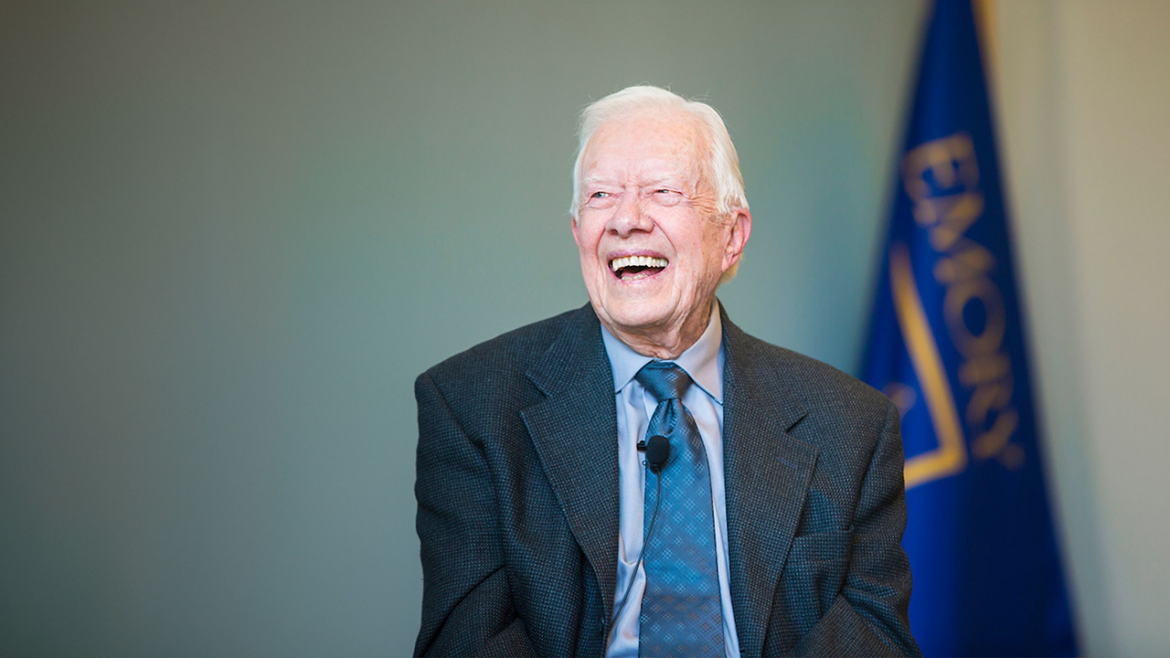As the nation mourns the passing of former President Jimmy Carter, who died at the age of 100 on December 29, 2024, we reflect on his remarkable legacy, particularly his profound impact on the political careers of Black women. Carter’s leadership extended beyond policy, it was a testament to the power of inclusion and the necessity of equity in governance.
Carter’s presidency from 1977 to 1981 coincided with a critical moment in U.S. history. The Civil Rights Movement paved the way for feminist and gender activism, and Carter seized the opportunity to champion women’s rights, especially Black women in a way no other president had before.
Breaking Barriers: Black Women in Leadership
Jimmy Carter’s administration was marked by groundbreaking appointments that propelled Black women into historically inaccessible spaces:
- Patricia Roberts Harris became the first Black woman to serve in a Cabinet position as Secretary of Housing and Urban Development in 1977. Carter later appointed her as the first Secretary of the Department of Health and Human Services, making her the first woman to hold two distinct Cabinet roles.
- Alexis M. Herman, a 29-year-old Alabama native, directed the Department of Labor’s Women’s Bureau, focusing on critical issues like equal pay, childcare, and protections against sexual harassment. Herman’s work under Carter set the stage for her historic appointment as the first Black U.S. Secretary of Labor during the Clinton administration.
- Eleanor Holmes Norton, now a long-serving Congresswoman, became the first woman to lead the Equal Employment Opportunity Commission in 1977. Her leadership paved the way for countless Black women to enter professional and technical roles in major corporations across the South.
These appointments were more than symbolic; they were transformative, challenging systemic barriers and demonstrating the value of diverse leadership in shaping public policy.
The Visionary Leadership of Jimmy Carter
“The beauty of President Carter is he was ahead of his time,” said Shavon Arline-Bradley, President and CEO of the National Council of Negro Women. Carter’s inclusive leadership reflected a deep understanding of the interconnected struggles for racial and gender equity. His regular engagement with trailblazers like Rep. Shirley Chisholm and Rep. Barbara Jordan reinforced his commitment to amplifying Black women’s voices on the national stage.
Carter’s work didn’t stop at the White House. Through the Carter Center, which he founded with former First Lady Rosalynn Carter, he dedicated his post-presidency years to advancing human rights, democracy, and gender equity worldwide. His 2014 book, A Call to Action: Women, Religion, Violence, and Power, underscored his unwavering belief that gender-based discrimination is one of the greatest human rights violations of our time.
A Call to Action
Jimmy Carter’s legacy is a reminder that leadership rooted in equity can catalyze change. At ONFA, we honor his contributions by continuing the work of empowering marginalized communities and creating opportunities for Black women in leadership.
We invite you to join us in this mission as we move forward. Through initiatives like the James E. Clyburn Leadership Institute (JECLI), ONFA is committed to equipping the next generation of leaders with the tools they need to succeed. Together, we can ensure Carter’s vision of a just and equitable society lives on.
How You Can Help
- Donate: Support ONFA’s programs to empower young Black leaders.
- Get Involved: Advocate for policies that champion equity and inclusion.
- Share: Spread the stories of trailblazers like those Carter uplifted to inspire others.
Jimmy Carter’s legacy reminds us that every step toward inclusion is a step toward justice. Let us honor his memory by continuing to uplift those who need it most.
Photo: https://news.emory.edu/features/2024/09/er_100_years_with_carter_27-09-2024/index.html


